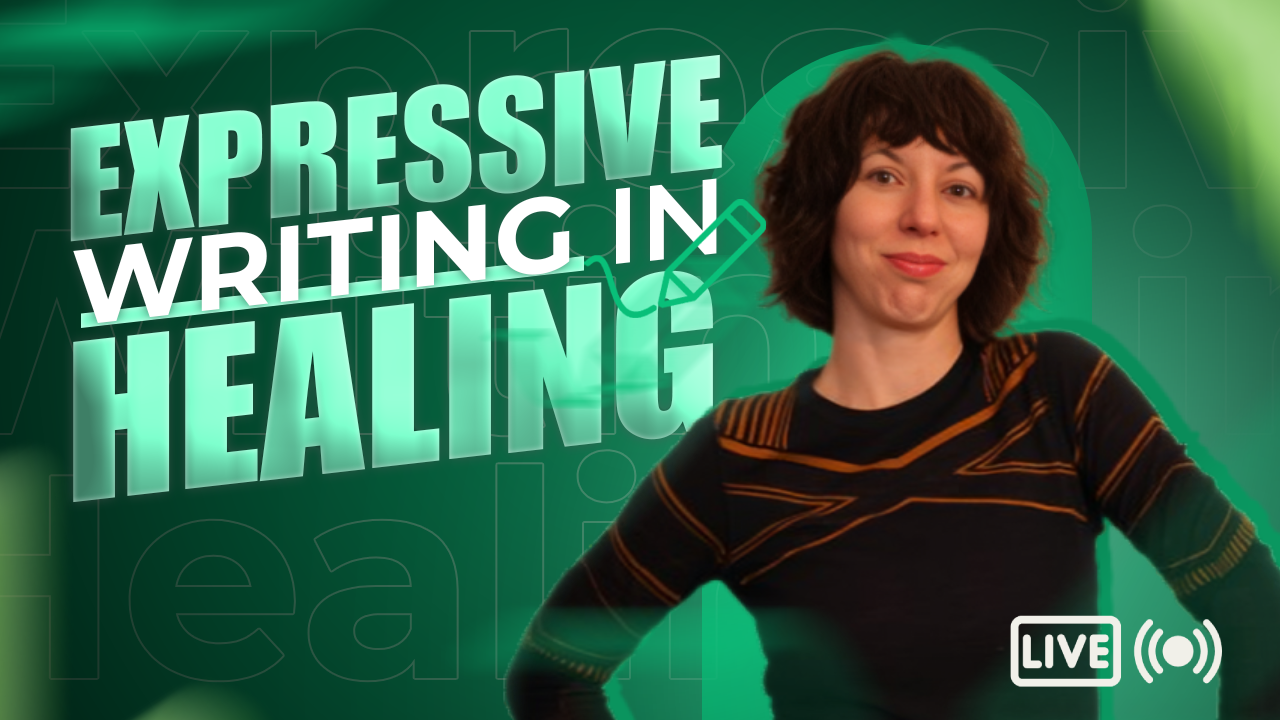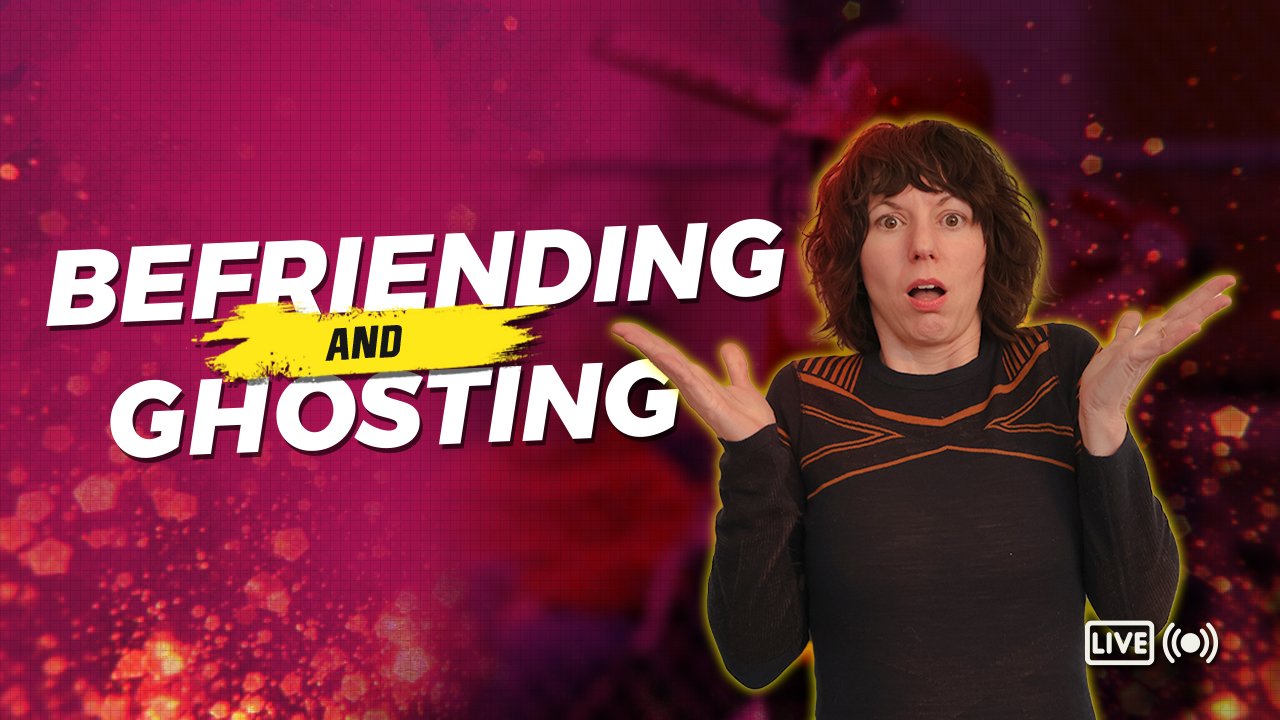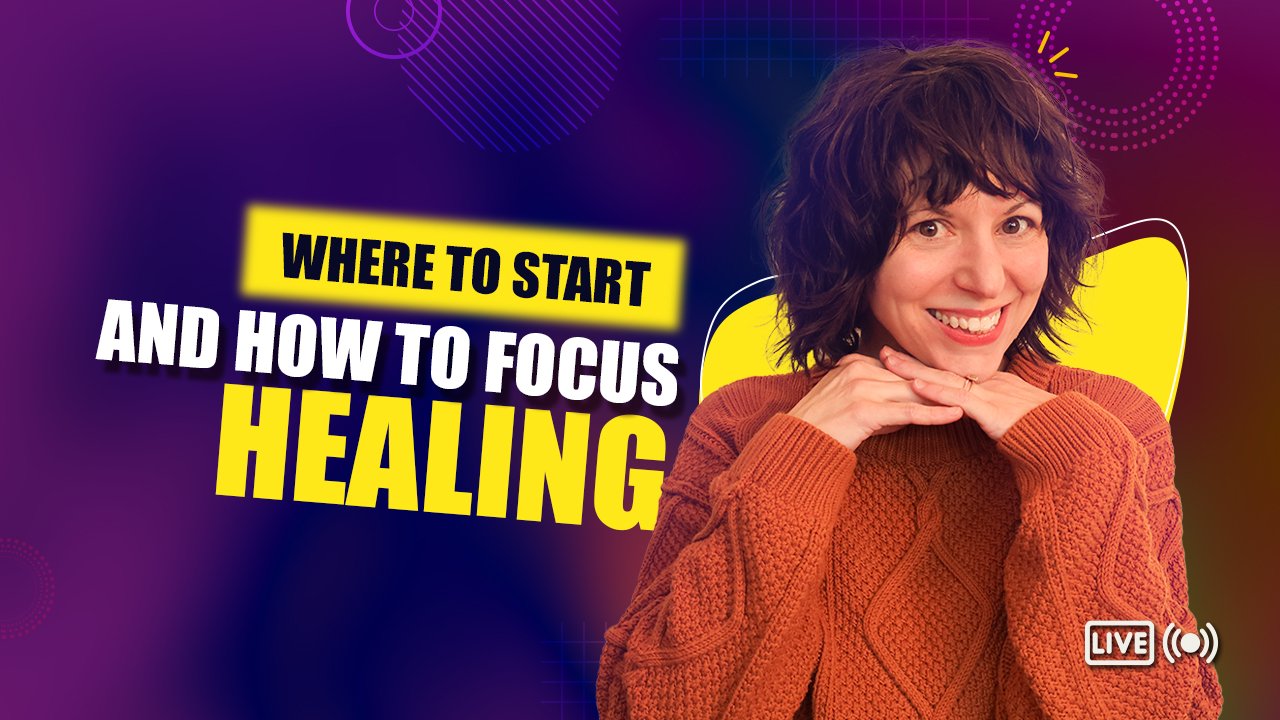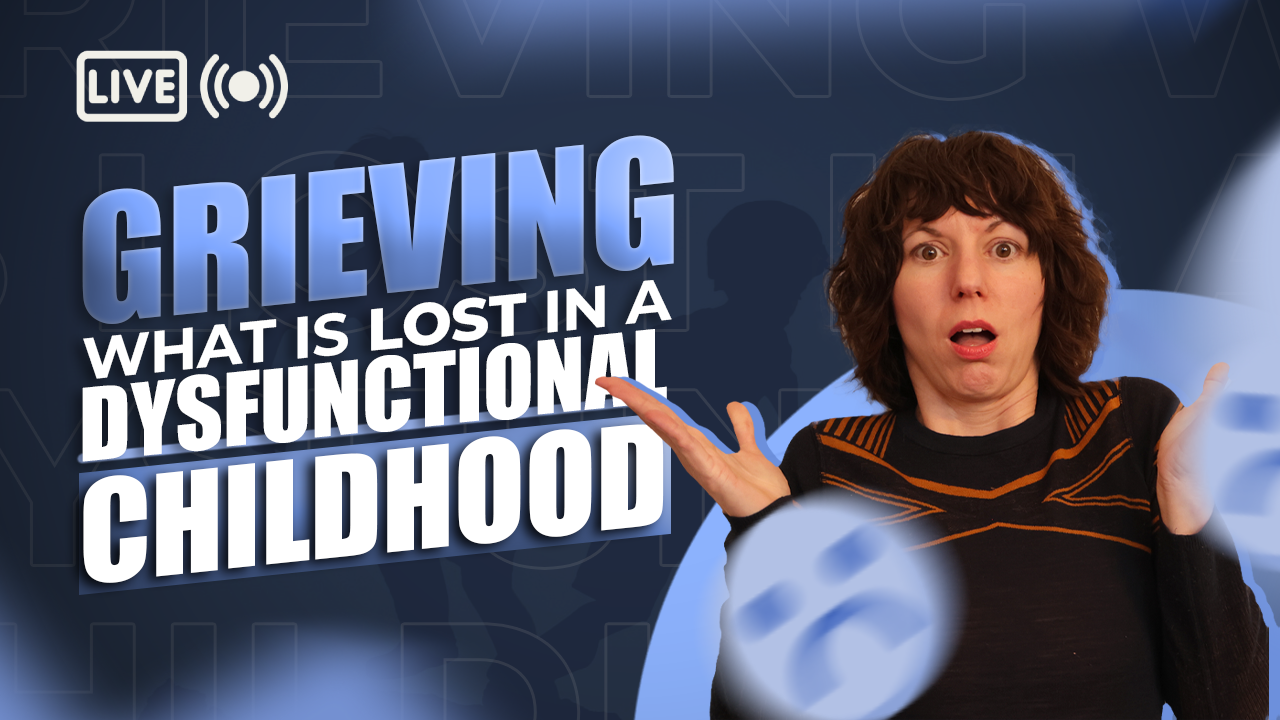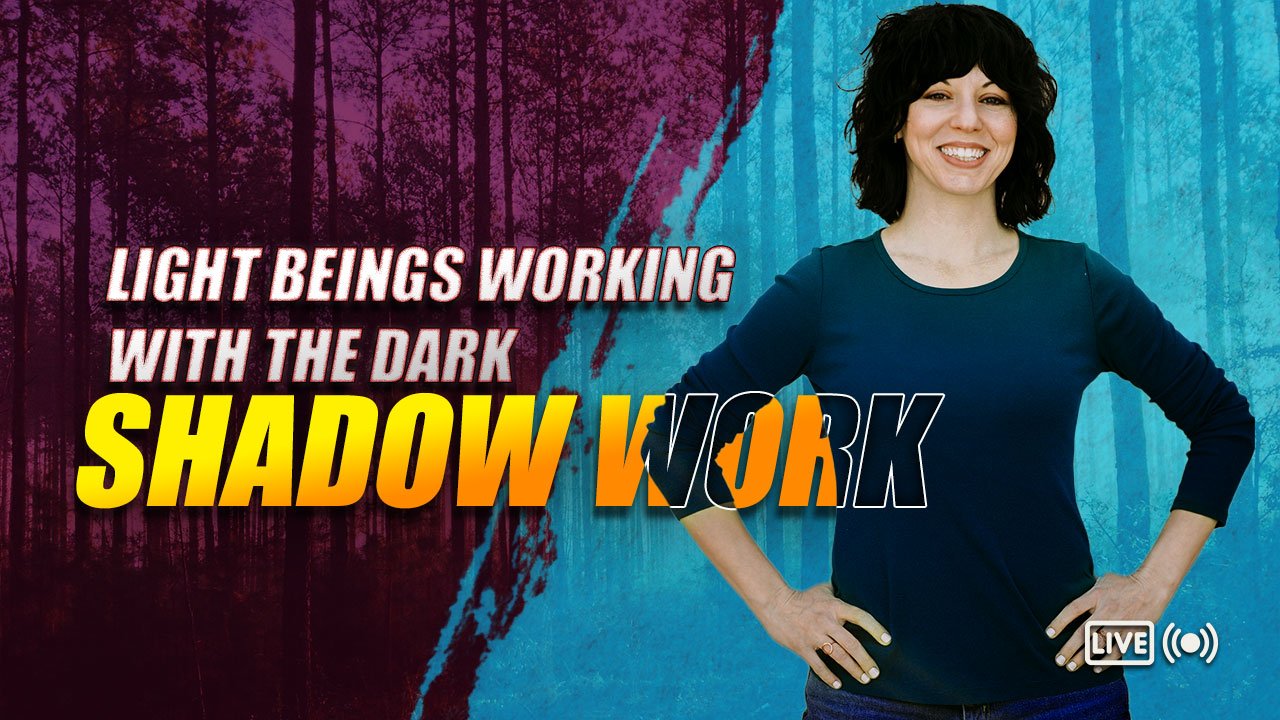Escaping the Cycle of Abuse and Surviving Manipulation: A Personal Story from Nikki - Part 1
Have you ever felt manipulated, gaslit, and minimized in a relationship? Have you ever been in a relationship and felt like you weren't in control? Manipulation in abusive relationships is a difficult topic to navigate, as it often goes unrecognized and unseen. On this episode I share my personal story of breaking free from manipulation and abuse. We’ll learn about the signs of manipulation, the effects of Stockholm Syndrome, and how to flip the script and heal from the trauma of abuse. Join me as I dive into how I found the courage to reclaim my power and create a life of freedom and self-love.
Here are the steps you need to follow to also get healing, hope, wholeness.:
1. Acknowledge the truth of the abuse and the pain it has caused.
3. Practice empathy without taking on the burden of the abuse.
4. Acknowledge and trust your intuition.
5. Start using your intuition and listening more deeply and fully.
6. Honor that listening.
7. Practice openness and self-care.
The first step to breaking free from manipulation and abuse is to recognize the situation you are in and to understand the dynamics of the situation. This can be difficult in an abusive relationship, as manipulation is often subtle and hard to spot. I was a highly sensitive kid and was manipulated into asking my abuser, my stepfather to adopt me. I felt grief and betrayal after my grandparents died, and I began to rebel against authority. I hit adulthood feeling raw, unable to understand the energy around my parents and sisters. With the help of a scholarship, I went to college and began to learn how to take better care of myself than those who had abused and neglected me. This began her journey of healing, of taking back her power and autonomy. To begin the process of breaking free from manipulation and abuse, recognize the situation and understand the dynamics in play.
1. Acknowledge the truth of the abuse and the pain it has caused.
Acknowledge the truth of the abuse and the pain it has caused. Acknowledging the truth of the abuse can be a difficult step in the healing process. It requires being honest with yourself about the pain that has been caused by the manipulation and abuse in your life. This can be a hard truth to accept, but it is an essential step in the healing process. It involves taking the time to sit with the pain and accept it as a part of your story. It is important to remember that no matter how painful the truth is, facing it is the only way to move forward. You can do this by taking the time to explore your experience in a safe, non-judgmental space. This can involve talking to a trusted friend or family member, or it can involve journaling or attending therapy. It is important to remember that you are worthy of healing and that you can get through this. Acknowledging the truth of the abuse and the pain it has caused can be a difficult, but necessary step to healing.
3. Practice empathy without taking on the burden of the abuse.
The third step in this process is to practice empathy without taking on the burden of the abuse. Practicing empathy can be a difficult task in these situations, as it often requires understanding the feelings and emotions of the abused party without becoming overwhelmed by them. It is important to remember that even though you may sympathize with the person’s situation, you should not take on the burden of their pain. Instead, it is important to recognize the other person’s struggle and offer support and guidance without taking on the responsibility of healing them. When practicing empathy, it is important to recognize the person’s feelings and validate them without trying to fix the problem for them. It is also important to listen to their stories and acknowledge their experiences without judgement. Furthermore, it is important to be aware of your own emotional reactions to the other person’s story and not to become overwhelmed by them. By doing this, you can create a safe and supportive environment for the other person to express their emotions and thoughts without feeling judged or overwhelmed.
4. Acknowledge and trust your intuition.
Acknowledge and trust your intuition Acknowledging and trusting your intuition is a critical step in breaking free from manipulation and abuse. Intuition is our inner compass, and it can help us make decisions and navigate difficult situations. When we acknowledge and trust our intuition, it can help us recognize the warning signs of manipulation and abusive relationships and give us the confidence and clarity to take action. The first step in acknowledging and trusting your intuition is to become aware of it. This can mean tuning into your body and noticing physical sensations that can alert you to potential danger or red flags. It can also mean slowing down and taking the time to listen to the voice of your inner wisdom. This voice is often quiet, so it's important to pay attention and create a space to be still and listen. Another crucial step in acknowledging and trusting your intuition is to practice self-care. This can mean finding ways to ground yourself, such as practicing deep breathing or going for a walk in nature. It can also mean connecting to your values and passions, and creating boundaries to protect your mental and emotional health. When we practice self-care, it allows us to be more in tune with our intuition, and gives us the tools to recognize when we need to take action to protect ourselves.
5. Start using your intuition and listening more deeply and fully.
Step 5 of the process is to start using intuition and listening more deeply and fully. This involves paying attention to our inner voice and emotions, and being mindful of the sensations and emotions that arise in our bodies. It is important to be aware of the subtle cues that our intuition and body language are providing us, and to be open to the messages that these cues are sending. To do this, we can start by getting in touch with our breath, and take a few moments to notice the sensations that arise with each inhale and exhale. We can also practice being mindful of our thoughts and feelings, and staying aware of any body sensations or emotions that arise during our moments of mindfulness. Additionally, we can create a safe space for ourselves to process our thoughts and feelings, whether it is speaking to a friend or therapist, or journaling our experiences. By taking the time to listen to our intuition and our bodies, we can start to better understand our behavior and emotions, and work towards healing and growth.
6. Honor that listening.
Honor that listening: Honoring that listening is a key part of the healing process. It's important to take the time to really listen to the story and to the emotions behind it in order to be able to process and understand it. This means not only paying attention to the words being said, but also being present and tuning into the feelings and experiences of the person telling the story. Taking the time to sit with the story and listen to it deeply can be a powerful act of self-care and healing. It can help the listener to empathize and connect with the storyteller and to better understand the emotions and motivations behind the story. Honoring that listening also means being open to the possibility of learning from the story itself. By taking the time to listen and to really hear the story, the listener can gain insight into the storyteller's experience and into the dynamics of abuse, manipulation, and dysfunction. Listening with an open heart and open mind can help to foster understanding, compassion, and self-reflection. It can also help to foster a sense of connection and solidarity which can be incredibly healing for both the storyteller and the listener.
7. Practice openness and self-care.
Practicing openness and self-care is an important step to breaking free from manipulation and abuse. Openness involves opening up to yourself and to others; being honest and vulnerable in your conversations, being open to hearing different perspectives, and being open to the possibility of healing. It is important to be open to the possibility that you can heal and move forward, no matter what has happened in the past. It is also important to practice self-care in order to find balance, stay connected to your own emotions and needs, and to be able to make decisions that are in alignment with your true self. Self-care can involve activities such as meditation, journaling, exercise, and connecting with a supportive friend or professional. Practicing openness and self-care can also involve being mindful of how you are talking to yourself and how your mind is filtering experiences. When we practice openness and self-care, we are able to let go of destructive patterns, open ourselves up to learning, and take steps towards a more fulfilling life.
Breaking free from manipulation and abuse is a difficult and complex process. It requires taking the time to recognize the dynamics of the situation, acknowledge the truth of the abuse and the pain it has caused, practice empathy without taking on the burden of the abuse, acknowledge and trust your intuition, honor that listening, practice openness and self-care, and let your inner child know that healing is possible. It takes courage and resilience, but it is possible. With the right support and guidance, you can reclaim your power and create a life of freedom and self-love. You can do this.
I’d love to hear how you apply this to get healing, hope, and wholeness.. Leave me a comment on how it went for you or drop any questions you want me to answer!
Episode Tags
- ADD 1
- Abuse 14
- Alcohol 3
- Anger 9
- Bullying 5
- Childhood 37
- Codependency 8
- Covid 4
- Crystal Catalina 4
- Depression 15
- Detachment 2
- Disassociation 4
- Emotions 74
- Existentialism 2
- Faith 1
- Family 25
- Fatigue 4
- Focus 3
- Gratitude 11
- Grief 10
- Guilt 2
- Healers 7
- Healing 51
- High Sensation 4
- Hope 1
- Hypervigilance 7
- Introverts 6
- Lonliness 7
- Love 3
- Manifesting 5
- Manipulation 19
- Men 1
- Mindfulness 38
- Money 10
- Music 3
- Nutrition 2
- Overthinking 8
- PTSD 11
- Parenting 12
- People Pleasing 7
- Perfectionism 6
- Pets 4
- Relationships 13
- Resiliency 12
- Sadness 1
- Self Esteem 16
- Self Love 11
- Self Respect 1
- Self-Care 24
- Sex 1
Upcoming Events
Episode Tags
- ADD 1
- Abuse 14
- Alcohol 3
- Anger 9
- Bullying 5
- Childhood 37
- Codependency 8
- Covid 4
- Crystal Catalina 4
- Depression 15
- Detachment 2
- Disassociation 4
- Emotions 74
- Existentialism 2
- Faith 1
- Family 25
- Fatigue 4
- Focus 3
- Gratitude 11
- Grief 10
- Guilt 2
- Healers 7
- Healing 51
- High Sensation 4
- Hope 1
- Hypervigilance 7
- Introverts 6
- Lonliness 7
- Love 3
- Manifesting 5
- Manipulation 19
- Men 1
- Mindfulness 38
- Money 10
- Music 3
- Nutrition 2
- Overthinking 8
- PTSD 11
- Parenting 12
- People Pleasing 7
- Perfectionism 6
- Pets 4
- Relationships 13
- Resiliency 12
- Sadness 1
- Self Esteem 16
- Self Love 11
- Self Respect 1
- Self-Care 24
- Sex 1













